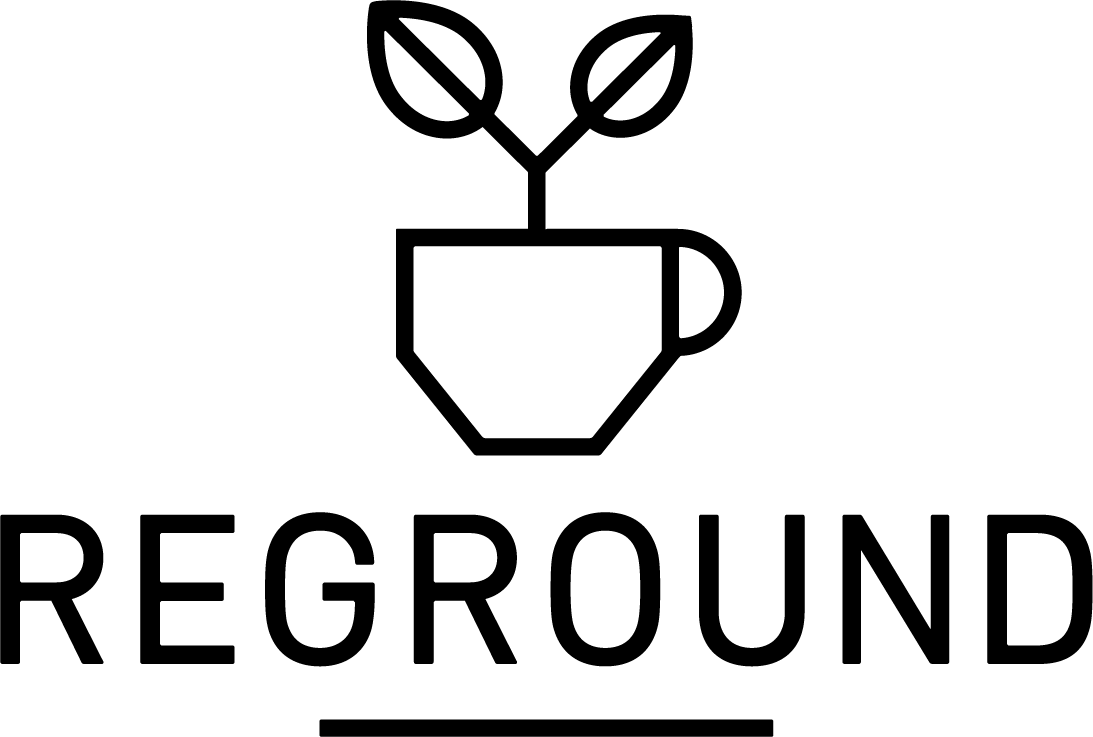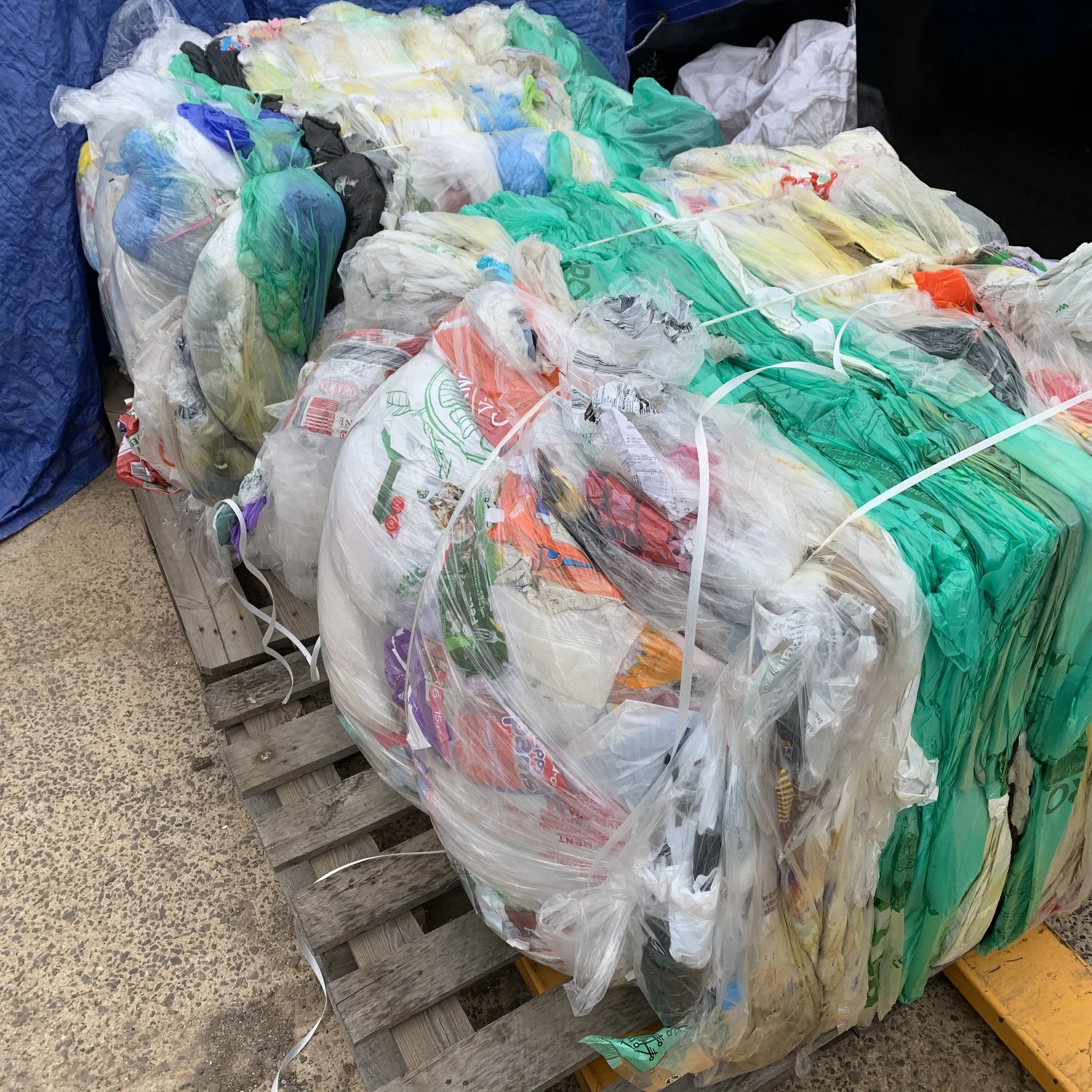Recycling Soft Plastics at Your Business: A Step-by-Step Guide to Sustainability
In today’s world, sustainability isn’t just a buzzword—it’s a responsibility. Businesses across Australia are stepping up, and one of the easiest wins is to recycle soft plastics properly. Whether you're a small café or a large-scale operation, understanding how to manage your soft plastic waste can drastically reduce your environmental footprint and contribute to a circular economy. Let’s dive into how your business can take actionable steps towards positive environmental change.
Why Recycling Soft Plastics in Business Matters
Every day, tonnes of soft plastic waste—think packaging, shrink wraps, and pallet wraps—pile up in landfills. When your business chooses to recycle soft plastics, you’re taking a stand against pollution and carbon-heavy waste streams. Businesses are responsible for a significant chunk of Australia’s plastic waste, and by acting now, you can help curb this environmental crisis.
Sustainability isn’t just good for the planet—it’s good for business too. Customers, employees, and stakeholders increasingly favour brands that prioritise eco-friendly operations. By implementing soft plastic recycling Australia initiatives, you can reduce your carbon footprint, boost your brand reputation, and inspire others in your industry to follow suit.
Even small businesses can make a mighty impact. A local café reducing its plastic packaging waste or a boutique retailer switching to reusable materials can collectively save tons of waste annually. When recycling soft plastics, you're building a more resilient and responsible business model.
How to Identify and Sort Soft Plastics for Business Recycling
First things first: what are soft plastics? These are flexible plastics that can be scrunched into a ball—think plastic bags, bubble wrap, or bread bags. The easiest way to check? Do the scrunch test. If the material stays scrunched in your hand, it’s soft plastic and likely recyclable. Since recycling soft plastics requires proper sorting, training your team to identify the right materials is crucial.
Sorting is key. Clean plastics are essential for recycling; contaminated materials (those with food residue or liquids) often can’t be processed. To ensure a smooth recycling journey, educate your team on how to differentiate between recyclable soft plastics and general waste.
At your workplace, start by identifying where soft plastics are generated. Packaging stations, shipping areas, and kitchens are common culprits. Once identified, set up designated storage bins, making sure the plastics are clean and dry before tossing them in.
Where and How to Recycle Soft Plastics for Businesses
So, where to start recycling soft plastics as a business? Start local. Some councils provide business recycling solutions. But for a streamlined, business-focused approach, partner with organisations like Reground, who specialise in recycling soft plastics tailored for businesses.
With Reground, you can set up in-house collection bins that make it easy for your team to dispose of soft plastic waste responsibly. From there, we’ll handle scheduled collections, ensuring your materials are taken to proper recycling facilities. Businesses that prioritise recycling soft plastics can reduce waste output significantly and contribute to a circular economy.
For those wanting even more control, Reground can work with your team to coordinate drop-off services or help you tap into local infrastructure. The goal? Make it effortless for your business to recycle soft plastics consistently.
Visit Reground’s soft plastic recycling services to learn how easy it is to get started.
Reducing Soft Plastic Waste in Business Operations
Recycling is only half the battle; reducing your soft plastic usage is where you can really drive change. Opt for suppliers offering compostable or reusable packaging. Implement waste minimisation strategies like bulk purchasing to cut down on unnecessary packaging, and review operations regularly to identify areas for improvement.
Another powerful step is partnering with sustainable suppliers who are as committed to the environment as you are. Swap single-use plastic packaging for reusable containers, cloth bags, or cardboard alternatives. These small shifts significantly reduce the demand for new plastic.
Lastly, education is everything. Make sure your team and customers know the “why” behind your eco-efforts. Clear signage, internal workshops, and external communication help create a shared sense of purpose, turning your recycling soft plastics program into a community movement.
How Reground Supports Businesses with Soft Plastic Recycling
At Reground, we believe businesses play a crucial role in building a circular economy. That’s why we provide tailored services to help businesses with recycling soft plastics responsibly. Whether you’re looking for regular collections, one-off drop-offs, or bespoke waste management consultations, we’ve got your back.
Our programs are designed to integrate seamlessly with your operations, making it simple and hassle-free to divert soft plastics from landfill. The impact? Reduced waste, lower emissions, and a business that leads by example.
Don’t just take our word for it. Many of our clients have transformed their operations by partnering with Reground—switching from landfill-heavy systems to sustainable, closed-loop models that benefit both the planet and their bottom line. A strong commitment to recycling soft plastics not only reduces waste but also enhances brand credibility.
Ready to step up your sustainability game? Check out Reground’s soft plastics collection service or get in touch with our team here to get started.
A Few Final Reminders
Can soft plastic be recycled? Absolutely—and your business has the power to make a difference.
Knowing how to recycle soft plastic effectively can position your company as an industry leader in sustainability.
There’s never been a better time to act. Let’s build a cleaner, greener future together.
For more on Reground’s mission, visit Our Mission and become part of the solution.


